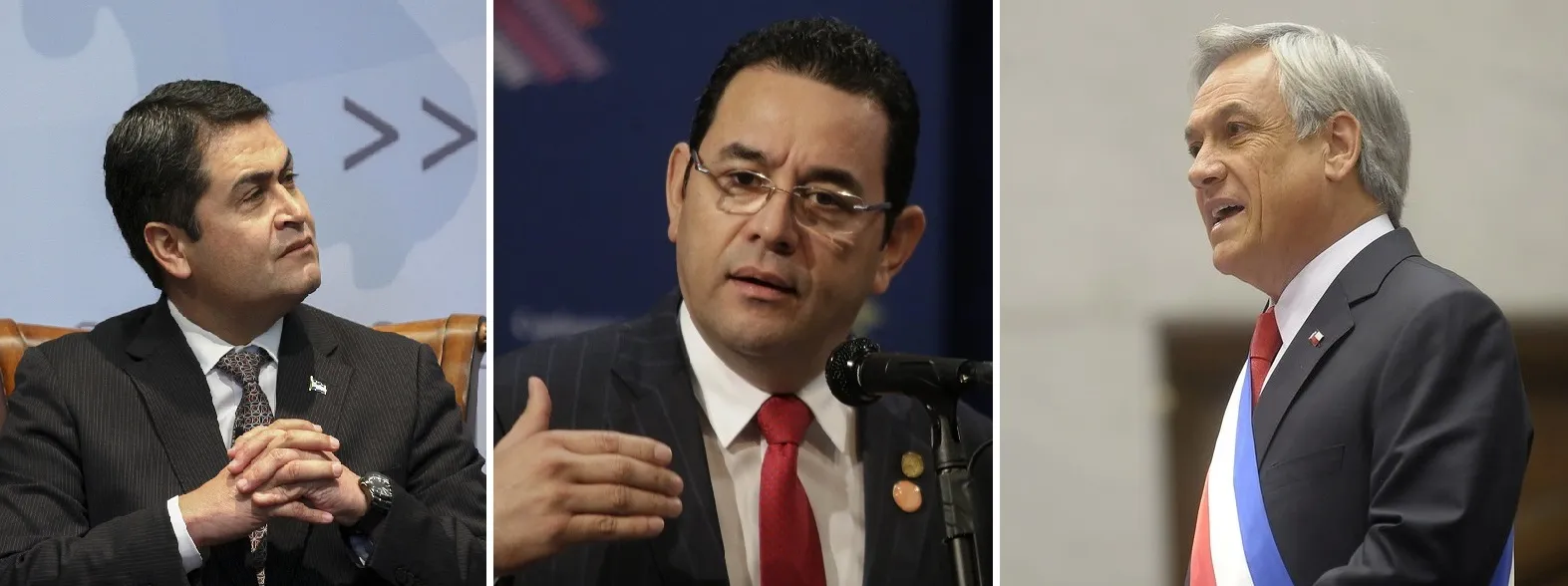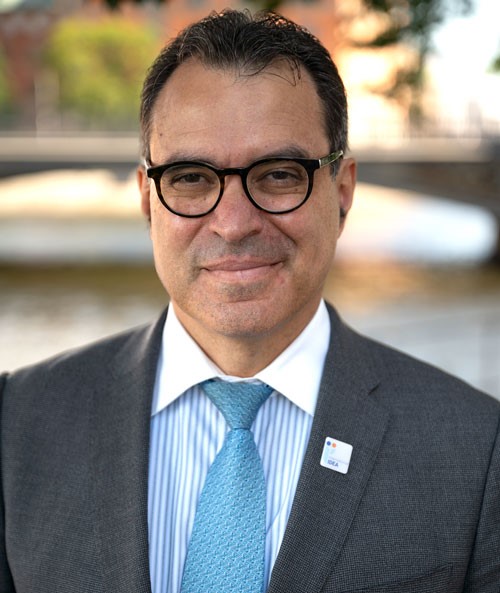The financing of politics: the black box of our democracies

Disclaimer: Views expressed in this commentary are those of the staff member. This commentary is independent of specific national or political interests. Views expressed do not necessarily represent the institutional position of International IDEA, its Board of Advisers or its Council of Member States.
Este comentario está disponible en Español.
SAN JOSE - In 1932, James Kerr Pollock began his classic study on the financing of electoral campaigns with a warning: "The relationship between money and politics has become one of the great problems of the democratic government." In the book, he calls on public opinion to realize that "a healthy political life is not possible if the use of money is not subject to limitations." The nine decades since then have confirmed Pollock's clairvoyance. The financing of politics has become a permanent threat to the integrity and quality of democracy in all parts of the world. So it is in Latin America. Recent experience in the region offers important lessons about the urgency of facing this challenge and the limits of the law to do so.
In the last five years, Latin America has been shaken by a succession of major corruption scandals , almost all with a direct or indirect relationship with campaign financing. So it was with Operation Lava Jato in Brazil, where the monumental embezzlement of Petrobras ended up feeding the coffers of almost every game. This was also the case with the looting of the Honduran Institute . . .
View the complete article published in The New York Times.




